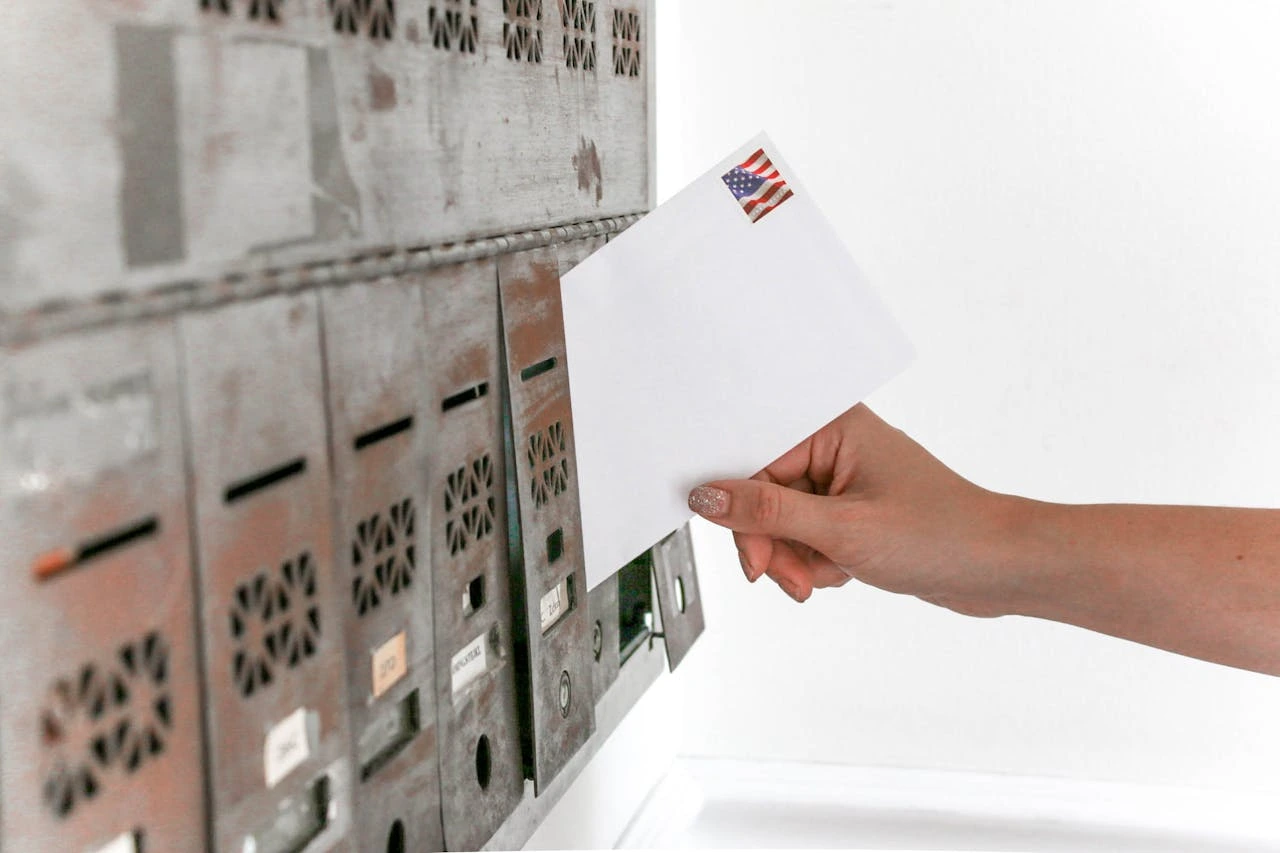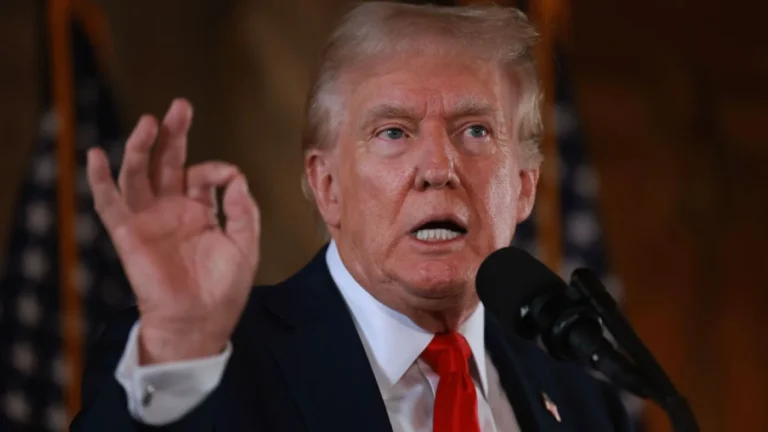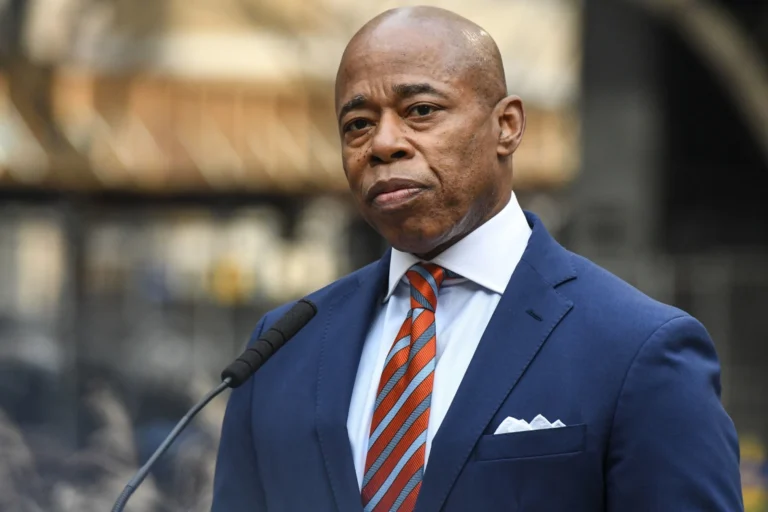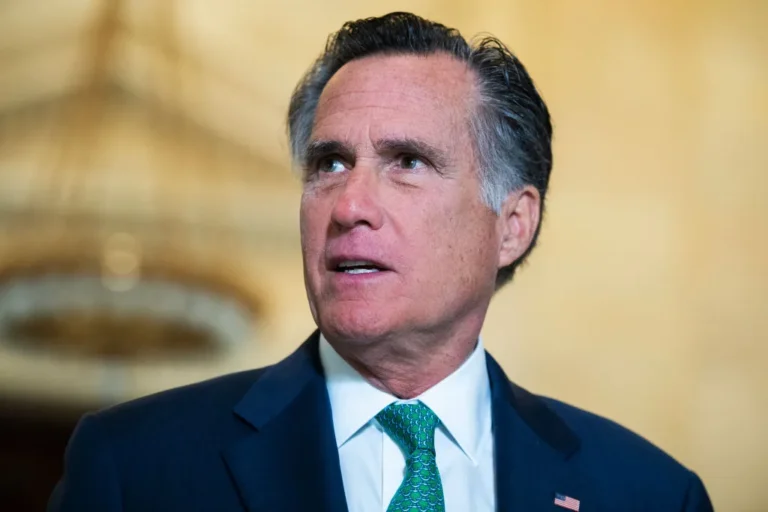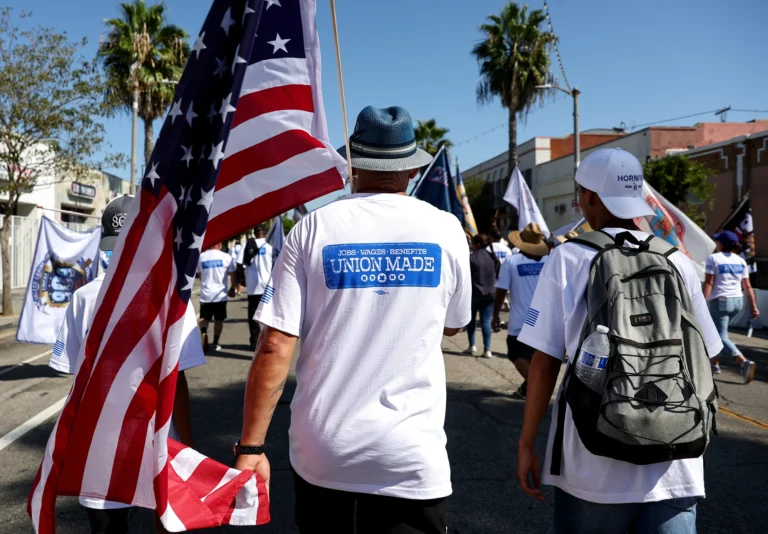A recent federal court ruling has granted Iowa the authority to question the validity of hundreds of ballots submitted by individuals who may not be U.S. citizens. This decision, handed down by U.S. District Judge Stephen Locher, comes amid concerns raised by civil rights groups who argue that this effort could potentially infringe on the voting rights of newly naturalized citizens. The American Civil Liberties Union (ACLU) brought forth a lawsuit on behalf of an Iowa Latino organization and four recently naturalized citizens, all of whom had been flagged by election officials as “questionable” voters.
Background and Context of the Decision
Judge Locher’s ruling in Iowa aligns with similar actions taken in other states, where efforts to restrict voting by non-citizens have been widely championed by Republican officials. This push comes against the backdrop of broader national debates around voter eligibility and election integrity, often underscored by concerns within the Republican Party about potential voter fraud. The issue of non-citizen voting, despite being statistically rare, has been a prominent talking point in former President Donald Trump’s campaign, which has used it to rally support for stricter voter registration laws.
In defending Iowa’s stance, the state’s Republican Attorney General Brenna Bird and Secretary of State Paul Pate have argued that reviewing these voter registrations is essential to prevent unlawful voting. The officials stated that approximately 2,000 names on Iowa’s registration list may belong to individuals who are not U.S. citizens. Although the Biden administration has not provided the state with federal data on non-citizen registrants, Iowa has relied on information from its Department of Transportation to create a list of potential non-citizen voters.
Key Legal Reasoning
Judge Locher, a Biden appointee, cited a recent U.S. Supreme Court decision that allowed Virginia to proceed with a similar review of its voter registration rolls. He also referenced a Pennsylvania appellate ruling regarding provisional ballots that had recently been left unchallenged by a higher court. In the ruling, Judge Locher emphasized that Iowa’s approach stops short of outright purging individuals from the voter rolls. Instead, the state requires those flagged as potential non-citizens to vote provisionally, meaning that their ballots will be counted only after additional verification of their eligibility.
The judge’s decision underscores a careful balance between allowing the state to safeguard election integrity and protecting eligible voters from disenfranchisement. Locher noted that some flagged individuals were indeed not U.S. citizens, but he also acknowledged that errors could occur, potentially affecting lawful citizens. This ruling, he argued, aims to protect Iowa’s election system while still allowing for provisional voting as a safeguard for those whose eligibility may be questioned.
Responses from Officials and Civil Rights Advocates
Iowa Governor Kim Reynolds, a Republican, celebrated the decision, calling it a win for election integrity. “In Iowa, while we encourage all citizens to vote, we will enforce the law and ensure those votes aren’t canceled out by the illegal vote of a non-citizen,” Reynolds said in a statement. State Attorney General Bird also hailed the ruling as an assurance to Iowa voters that their ballots will not be negated by any unlawful voting.
The ACLU, however, voiced concerns over the ruling’s potential to suppress the votes of eligible citizens, particularly those who have recently become naturalized. Rita Bettis Austen, Legal Director for ACLU of Iowa, expressed disappointment in the court’s decision, stating that it risks disenfranchising voters solely because they recently gained citizenship. According to Austen, these individuals could face an unfair burden in proving their eligibility, despite their lawful right to participate in elections.
A Broader Pattern Across the United States
Iowa’s approach is part of a larger trend among states led by Republican officials to tighten restrictions on voter rolls. Similar initiatives have sparked legal battles in other states, such as Alabama, where a federal judge recently blocked a comparable program that civil rights groups argued would wrongfully disenfranchise voters. In Alabama, the program had mistakenly flagged around 2,000 registered citizens, resulting in them being erroneously removed from the voter rolls. The Alabama case highlighted the risk of sweeping errors in these voter review programs, adding fuel to the ongoing national debate over election laws.
Judge Locher acknowledged this concern, noting that discrepancies could lead to mistakes that affect valid voters. Nonetheless, he ruled that Iowa’s current system—using provisional ballots as a check—is within legal bounds and addresses potential non-citizen voting without outright exclusion from the rolls.
Implications for Future Elections
As the U.S. moves closer to the presidential election, the debate over voter eligibility is expected to intensify. Both Republicans and Democrats view voter registration laws as crucial elements in securing fair elections, though they diverge sharply on how to achieve this balance. While Republicans argue that stringent reviews are necessary to prevent fraud, Democrats and civil rights advocates worry that these measures are designed to disproportionately impact minority groups and recent citizens.
Judge Locher’s decision allows Iowa to continue with its current system but serves as a reminder of the broader national implications of voter registration laws. As long as these programs continue to be implemented, the likelihood of legal challenges remains high, with both sides committed to protecting what they view as essential components of the democratic process. Whether these reviews will ultimately enhance election integrity or lead to widespread disenfranchisement remains a point of contention as states navigate the complexities of balancing security and accessibility in voting practices.
